New compound inhibits pancreatic cancer
Pancreatic ductal adenocarcinoma (PDAC) has one of the highest mortalities of all malignancies, with aggressive biology, resistance to therapeutic agents, and a mere 5-year survival of 8-9%. However, the current standard first-line treatment approach of Gemcitabine/Nab-Paclitaxel gives a median overall survival of only ~8.5 months with concerning toxic side effects like leukopenia and febrile neutropenia. These poor outcomes urgently demand for novel treatment options for pancreatic cancer patients.
Researchers at Indiana University have identified a new class of potential anticancer drugs for treating pancreatic cancers. These potential drugs have a new mode of action, have shown strong efficacy and no overt toxicity in animal models, and are being developed further by EQon Pharmaceuticals, an Indiana-based small business founded by inventor Dr. Tao Lu (Indiana University).
The new class of compounds are covered by US Patent No. 11,034,689 and pending global applications. EQon is actively looking for industry partners and investors to advance this cutting-edge technology to the clinic.
